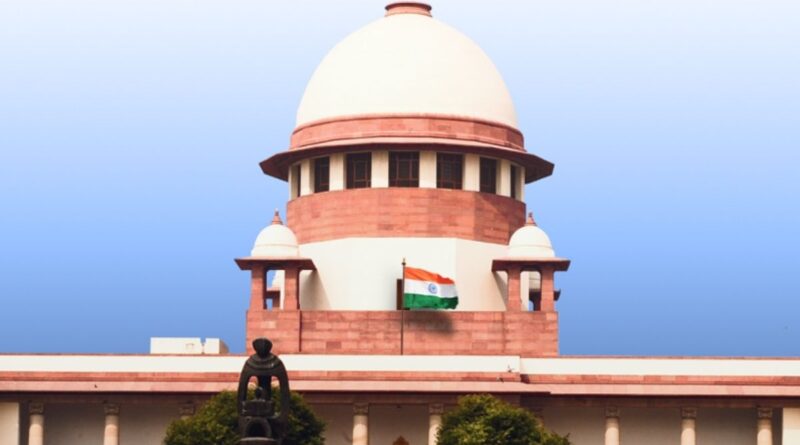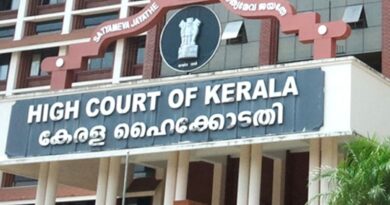Supreme Court Warns Against Governors Delaying Bills Indefinitely
The Supreme Court on Thursday cautioned that if governors sit indefinitely on bills passed by state legislatures, it could weaken democracy and render the will of the people meaningless.
A Constitution Bench led by Chief Justice of India Bhushan R Gavai, along with Justices Surya Kant, Vikram Nath, PS Narasimha and Atul S Chandurkar, is hearing a presidential reference seeking clarity on whether courts can set timelines for governors and the president while deciding on state bills.
The reference was made by President Droupadi Murmu in May after the court’s April ruling, which for the first time introduced deadlines—three months for the president and one month for governors in certain cases.
The bench questioned whether governors could be allowed to delay bills endlessly, noting:
- If a legislature passes a bill unanimously and the governor does nothing, democracy itself could be paralysed.
- Judicial review may not cover the decision, but the process of decision-making cannot be left outside scrutiny.
Solicitor General Tushar Mehta, appearing for the Union government, argued that while the concern may be valid, courts cannot impose timelines where the Constitution is silent. He said such issues must be resolved politically—through dialogue between chief ministers, governors, the prime minister, or even Parliament, rather than judicial intervention.
The bench, however, insisted that democracy cannot be left in a “vacuum” if constitutional authorities refuse to act. The judges also pointed to petitions already filed by states like Kerala, Punjab and West Bengal, where governors have delayed action on bills for years.
The matter arises from the Tamil Nadu case, where the court had previously held prolonged inaction by the governor as “illegal” and used Article 142 to deem 10 bills as assented. Mehta strongly opposed this, arguing that “deemed assent” amounts to rewriting the Constitution.
The bench reiterated that the judiciary, as custodian of the Constitution, cannot remain helpless. “Every wrong must have a remedy. Can courts say they are powerless if constitutional authorities fail to perform their duties?” it asked.The hearing will continue on August 26.





